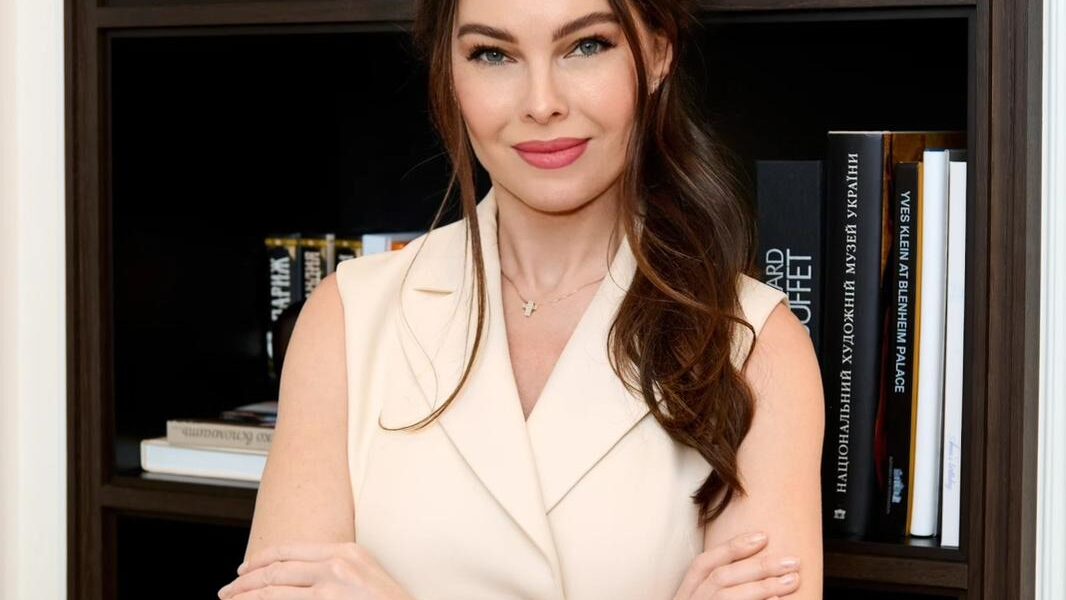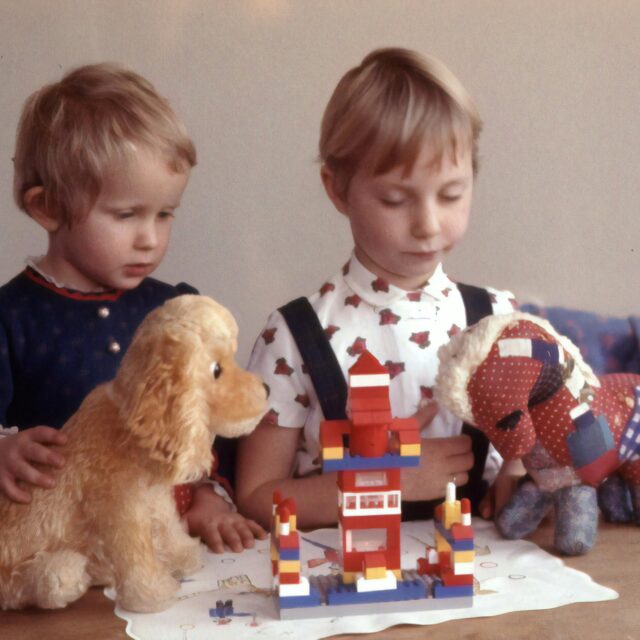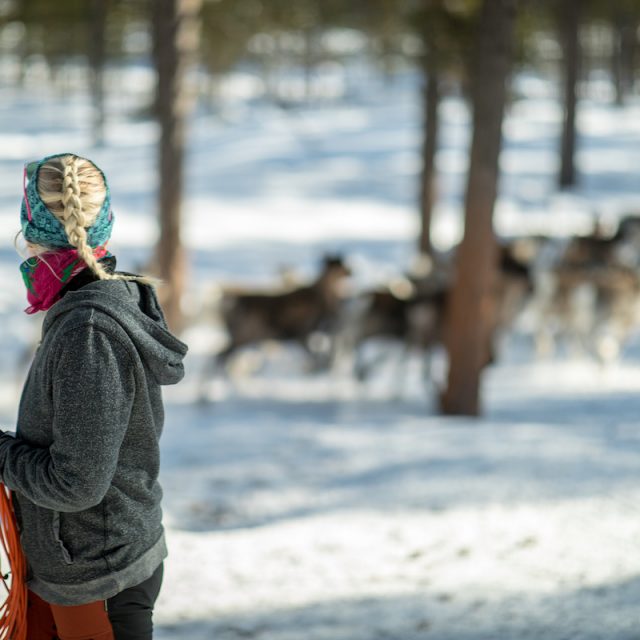Zhanna Shamalova represents a notable example of entrepreneurial success in the post-Soviet era, having transformed early adversity into opportunity through strategic vision and adaptability. Her journey from late Soviet Moldova to becoming a sophisticated London-based investor and healthcare innovator illustrates the possibilities that talented individuals may exploit in a period of profound global change. I had the privilege to interview Zhanna Shamalova about her journey from Soviet Moldova to becoming a global investor
How did your upbringing in Moldova shape your ambitions and career path?
“I was born in Moldova to a Ukrainian father and a Romanian mother. My early life was characterized by intellectual rigour and cultural diversity. My father’s work as an electrical engineer in manufacturing provided me with technical and practical insights. My mother became Moldova’s first female government deputy at the age of 25 after completing two universities. I watched her speak on stage to large crowds, and I was captivated. She inspired me to believe that I, too, could make an impact”
Did you practice any favourite sports?
“Standing at 1.78 meters, I found a passion for volleyball and had the privilege of serving as team captain for a decade. However, it was my intellectual development, rather than physical ability, that ultimately shaped my career path.”
Zhanna excelled academically, though she admits with a laugh that “chemistry was challenging.” At the same time, she was mastering the accordion at a government music school, showcasing her ability to balance multiple pursuits from an early age
Moving to Moscow at a young age must have been a significant change. What were some of the biggest challenges you faced during that transition, and how did they influence your personal and professional development?
“The dissolution of the Soviet Union in 1991 led to my first significant life transition. At seventeen, my twin sister and I relocated to Moscow to live with our grandmother, a move that would prove formative in my development.”
Despite the period’s economic challenges, Shamalova distinguished herself academically, ultimately pursuing a degree in journalism and editing at university while supporting herself through various service industry positions.
“Life in Moscow during those turbulent years was far from a fairytale”, Zhanna encountered significant challenges as she worked in various jobs – from waiting tables to cleaning floors in public pools – to earn money for living. “I was never afraid of physical work; I believe there is no such thing as dirty work.”
“The values I gained during that time—perseverance and a commitment to public service—are lessons I hope to pass on to my kids. Graduating at 22, I emerged not only with a degree but also with a strong resolve to forge my own path.”
This early period of self-reliance proved instrumental in developing the work ethic that would later characterize her business approach. As a young university graduate, Shamalova demonstrated early business acumen through her involvement in Moscow’s burgeoning hospitality sector. Her five-year association with prominent restaurateur Novikov, during which she helped establish and manage several restaurant establishments, provided valuable exposure to operational management and client service.
In her own words, “I realised that I can resist pressure; I should be able to control my ego and emotions if I want to succeed because successful people often have difficult personalities.” Concurrently, she pursued a career in event planning, organising high-profile musical festivals and weddings across Europe. This position expanded her professional network and deepened her understanding of luxury service delivery, which would later inform her approach to premium healthcare services.
A pivotal moment in Shamalova’s career came with her relocation to London. This period marked the beginning of her most significant professional evolution as a private investor. While raising her young son Max, Shamalova cultivated a sophisticated approach to investment, with a particular focus on the technology sector.
Many people perceive you as a socialite with a lavish wardrobe and a luxurious lifestyle. Why do you think they tend to overlook the journey and the steps it takes to achieve that?
“I think it’s human nature to focus on impressive material results and assume they come from luck rather than recognising the hard work behind them. People often seek shortcuts and instant gratification, which can make them overlook the long and challenging journey involved. While they admire my wardrobe and the luxurious places I visit, they tend to ignore the sleepless nights, the tears, and the hundreds of pages I’ve read in foreign languages. It’s been a path filled with discipline and, at times, desperation. My journey is defined by determination and resilience, and it’s not just about the glitz and glamour; it’s about the passion and effort that have shaped the life I love.”
You have a unique investment philosophy that combines rigorous analysis with strategic opportunism. Can you explain how you developed this philosophy and how it has guided your investment decisions?
“My approach to investing has evolved over time, shaped by lessons learned from mistakes and guidance from seasoned professionals.”
“Investment success requires a realistic perspective. Each decision I make directly impacts my financial future, necessitating a balance between thorough market analysis and strategic opportunism. I have an impulsive nature and recognise that this can have both positive and negative effects, significantly influencing my investment behaviour.”
How did your move to the UK impact your career development?
“I relocated to London over a decade ago to prioritise my son’s education in the British system. I maintain my primary residence there while also spending time on the French Riviera.”
“In London, I live near my twin sister Diana and her family, which helps me maintain family connections while pursuing my business interests. While continuing my investment activities, I have established myself within London’s business and cultural circles. My background in art forgery detection, acquired through specialised study at university in Russia, has informed my participation in the contemporary art market, although I wouldn’t describe myself as a collector”
What inspired you to focus on healthcare innovation, and how do you see the future of healthcare evolving in the context of your work with D & S Bespoke?
“Recently, I have channeled my interest in innovative health technologies into D & S Bespoke, which I co-founded with my sister Diana and a business partner. The company exemplifies the evolution of premium healthcare services, fostering relationships with leading hospitals and clinics across the UK and internationally. Our client base of over 150 families receives coordinated access to complex diagnostics, medical treatments, and consultations, ranging from plastic surgery to cancer care.”
“Our partnerships with twelve major hospitals and numerous wellness clinics enable us to deliver comprehensive services, including genetic testing and full medical checkups. Education is a core component of our offerings, featuring regular lectures by leading medical professionals who share insights on technological advances and treatment innovations. Recent presentations have been highly successful, attracting audiences of 70-80 people, with plans for expansion into events in Dubai and Qatar.”
D & S Bespoke incorporates a philanthropic dimension. Why is it important for you to integrate social responsibility into your business model, and what impact do you hope to achieve through your charitable initiatives?
“D & S Bespoke integrates a philanthropic dimension through charity events that support London’s Great Ormond Street Hospital for Children. This commitment to social responsibility reflects our belief that business success should go hand in hand with giving back to the community.”
This focus on supporting children resonates deeply with your personal life as well. Zhanna, you have adopted two children in addition to your son Max. Can you share more about that experience?
“I feel that some parts of my life are too personal to be shared publicly, which is why I don’t often discuss this. But yes, I did adopt two boys after my best friend passed away in 2022, and I raise them just like my own. When I reflect on it, I realise that all my professional achievements aren’t about boosting my ego; they’re really about wanting to provide the best for my family.”
Balancing family life with a demanding career can be tough. How do you manage it, and what values do you hope to pass on to your kids as they grow up?
“I split my time between London and the French Riviera, which helps me stay close to my family while also focusing on my work. With three kids, including my son Max, who is getting ready for university, I want to ensure they learn important values like hard work, kindness, and the importance of education—just like my parents taught me. My journey from Soviet Moldova, where I was raised with traditional values, to London has shown me how crucial it is to have principles and not lose sight of who you are. I believe in being demanding of myself, regardless of what modern psychologists might say, to achieve my goals.
Looking ahead, what are your main goals for D & S Bespoke and your investment portfolio? Are there specific areas in healthcare or technology that excite you?
“I want to make quality healthcare more accessible and create a community focused on health and wellness innovation. As private investor I see great potential in investing in healthcare innovation, especially as the demand for healthcare continues to grow and new technologies provide fresh ways to deliver services. In addition to developing D & S Bespoke, I plan to expand my investment portfolio to include companies focused on health innovations.”
“I believe that having a deep understanding of the market and the subject matter increases the likelihood of successful investments.”
What role does family play in your life?
“Family is very important to me, and I think we often overlook our responsibilities to our parents and children in today’s fast-paced culture. We can only teach our kids by setting a good example; it’s not just about fulfilling their needs or being moralistic—children learn by observing us. It’s essential for them to see how we handle challenges and overcome difficulties. Every day, I reflect on whether I’m being a good role model for my children, and I strive to improve and be better for them.”
Thank you, Zhanna, for this interview, and I wish you continued success.
It was my pleasure.




